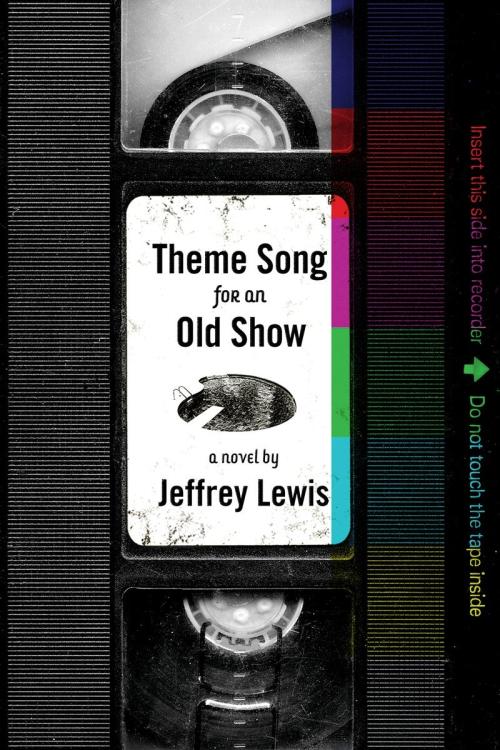1. Theme Song for an Old Show appears to be about many things: fathers, the inner workings of television, the eighties, the end of the Cold War and a sea change in American life. Which of these resonated most strongly with you, and how do each of the themes interrelate with the others in the book’s structure and impact?
2. Zacky Kurtz is something like a force of nature. But is he a villain? Are there any villains in Theme Song for an Old Show? If the author were to write a short essay on Villains In Everyday Life, what might he say?
3. Louie writes, regarding Melissa, that he seduced himself by saving her. Does that ring true? Have you ever been seduced that way, or known people who have been? Is it a powerful seduction?
4. Melissa complains to Louie that he never allows her to do anything for him. Yet a look at the "facts" suggests otherwise–she was instrumental, among other things, in getting him his job. Why does this appear to be forgotten by the characters?
5. Does Zacky’s obsession to get "bare ass" on television represent a sincere urge for freedom of expression or is he simply looking for an angle to reestablish his fortunes? Do you agree or disagree with Zacky that "bare ass" would be an advance for network TV? A triumph for free speech?
6. The narrator throws out the idea that television would be better off with a two show lifetime limit on TV producers, like the two term limit on the presidency, and that this would produce a fresher, less repetitive medium. Does he suggest this sincerely or tongue-in-cheek? What might be said about his suggestion?
7. Louie doesn’t speak directly about his own anger when his father left. It seems as a boy he was too busy or desperate, trying to hold things together. We might assume that he was angry and that he would act out that anger somewhere–but where? What factors in his character or experience seem capable of taking the narrator past anger? Would the mix of emotions Louie carries for his father be much different if his father had never left?
8. In the book’s title, what does "Old Show" refer to?
9. The book seems to offer insights into why television is as it is. If you could play God, how would you make TV better? If you had a little less power than God, what obstacles does the book suggest you might face?
10. The book is set in the eighties, as the author’s second novel was set in the seventies and his first in the sixties. What insights does Theme Song bring to how America changed in the eighties? Do the narrator’s assertions about the end of the Cold War leading America towards triumphalism and imperial assumptions ring true? How might Teddy in particular view America’s comeuppance in Iraq?
11. Northie appears to be an amalgam of several television shows of the eighties and nineties. If a show like Northie were on today, would you watch it, or would it seem like old hat? Would its vision of America still resonate?
12. What might be said about the style in which Theme Song for an Old Show is written? What does it suggest about the narrator?

